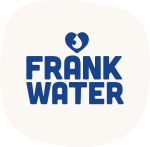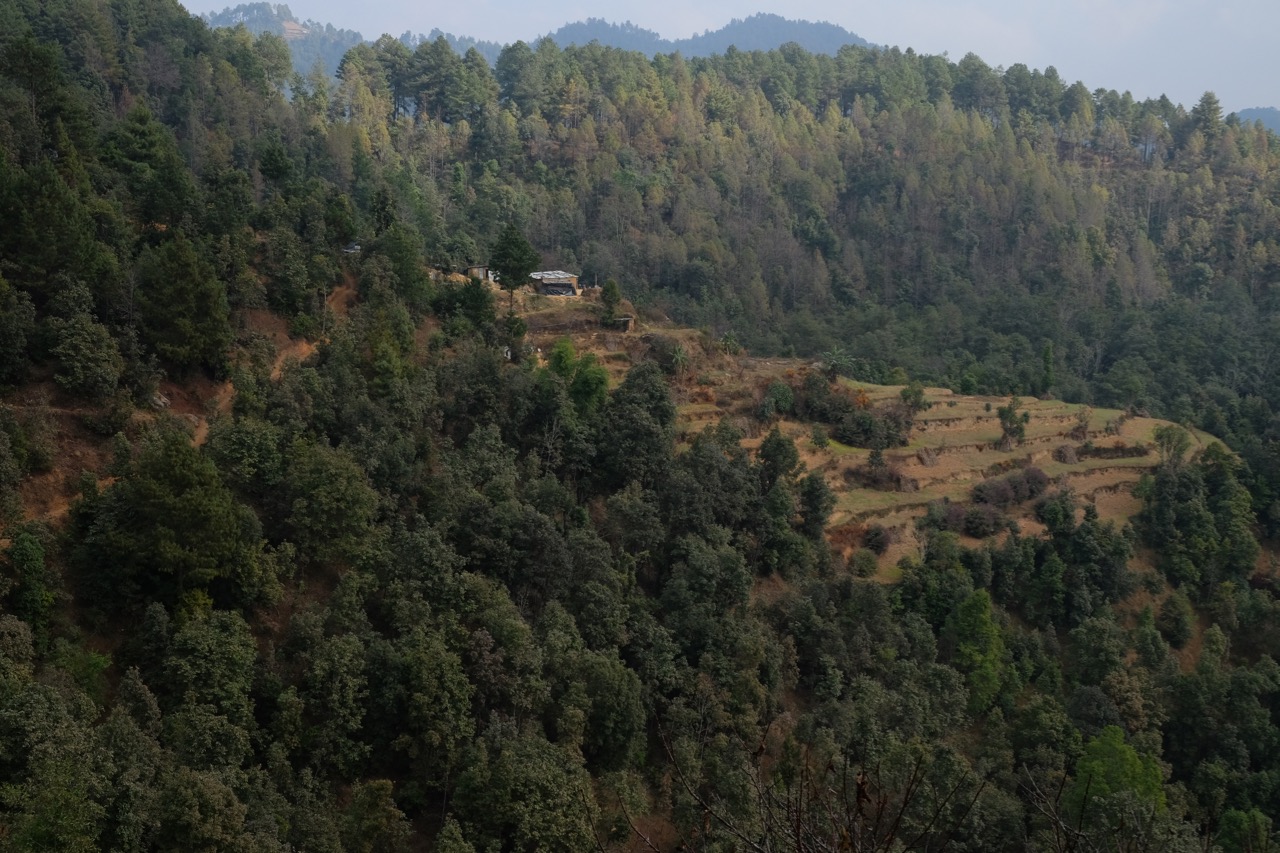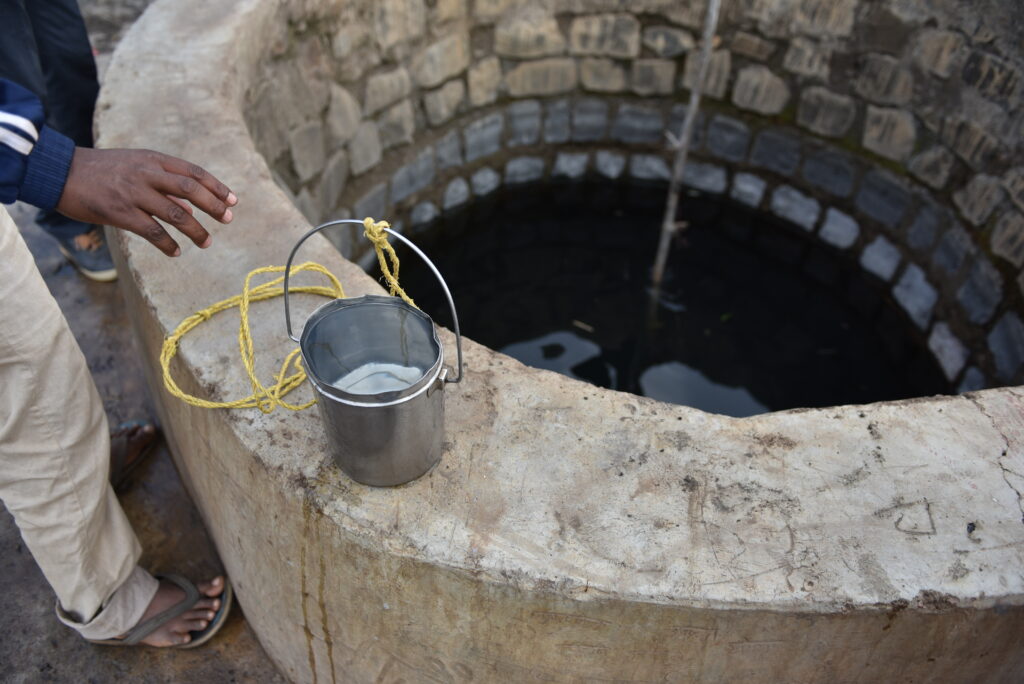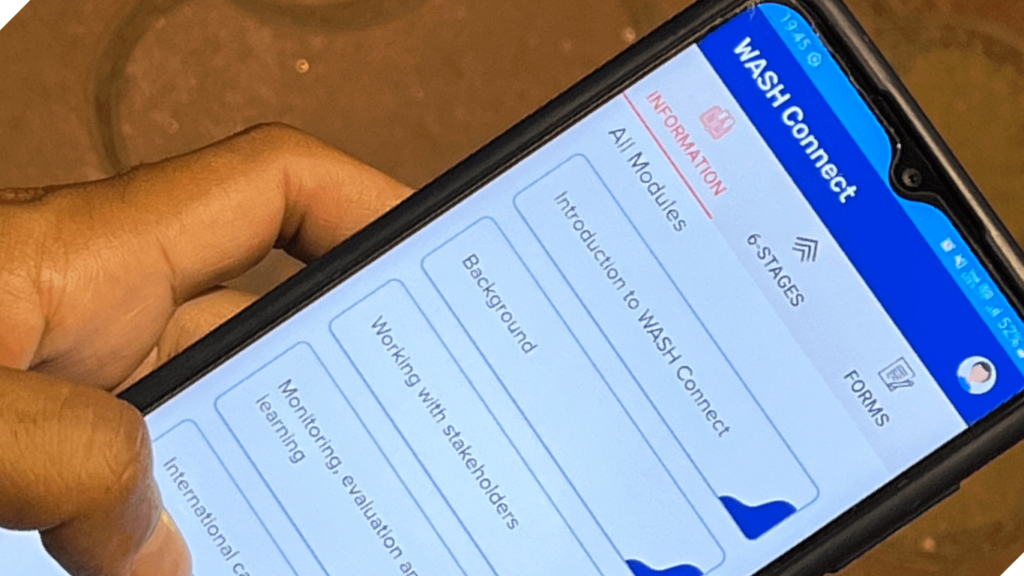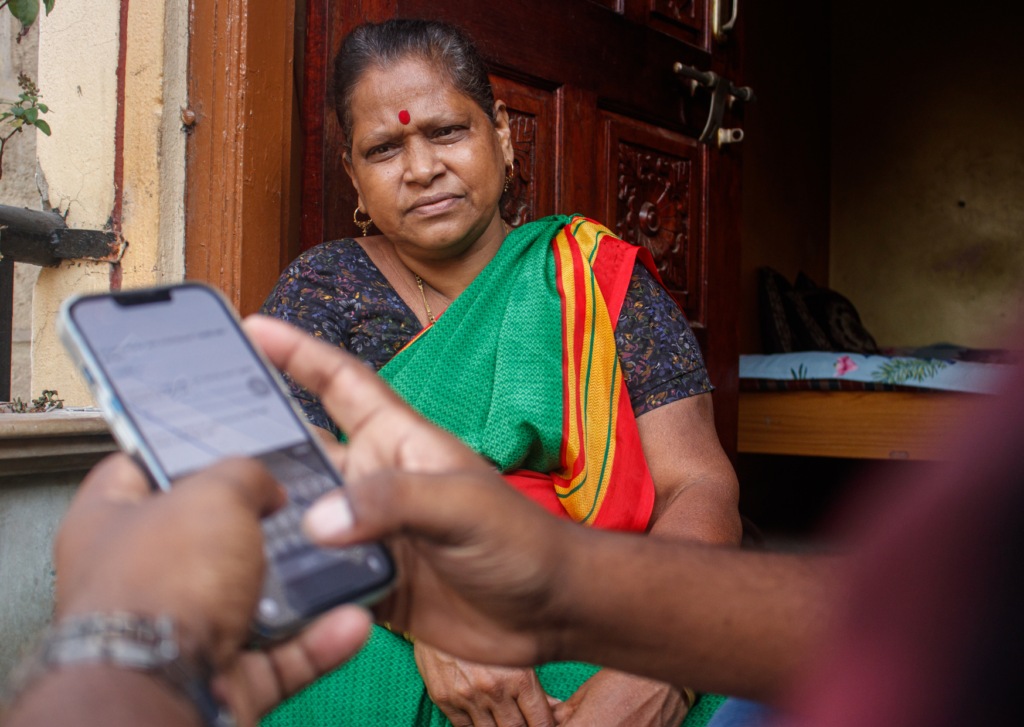As well as providing access to water, sanitation and hygiene (WASH) for the poorest communities on the planet, Frank Water is playing its part in finding solutions to some of the knottiest problems that are currently holding back the WASH sector.
In order to galvanise expertise around these problems, we’ve worked with some of the brightest and most forward-thinking corporates and research institutions in the world to develop a tool that will enable remote communities and local governments to assess the feasibility of potential water supply projects.
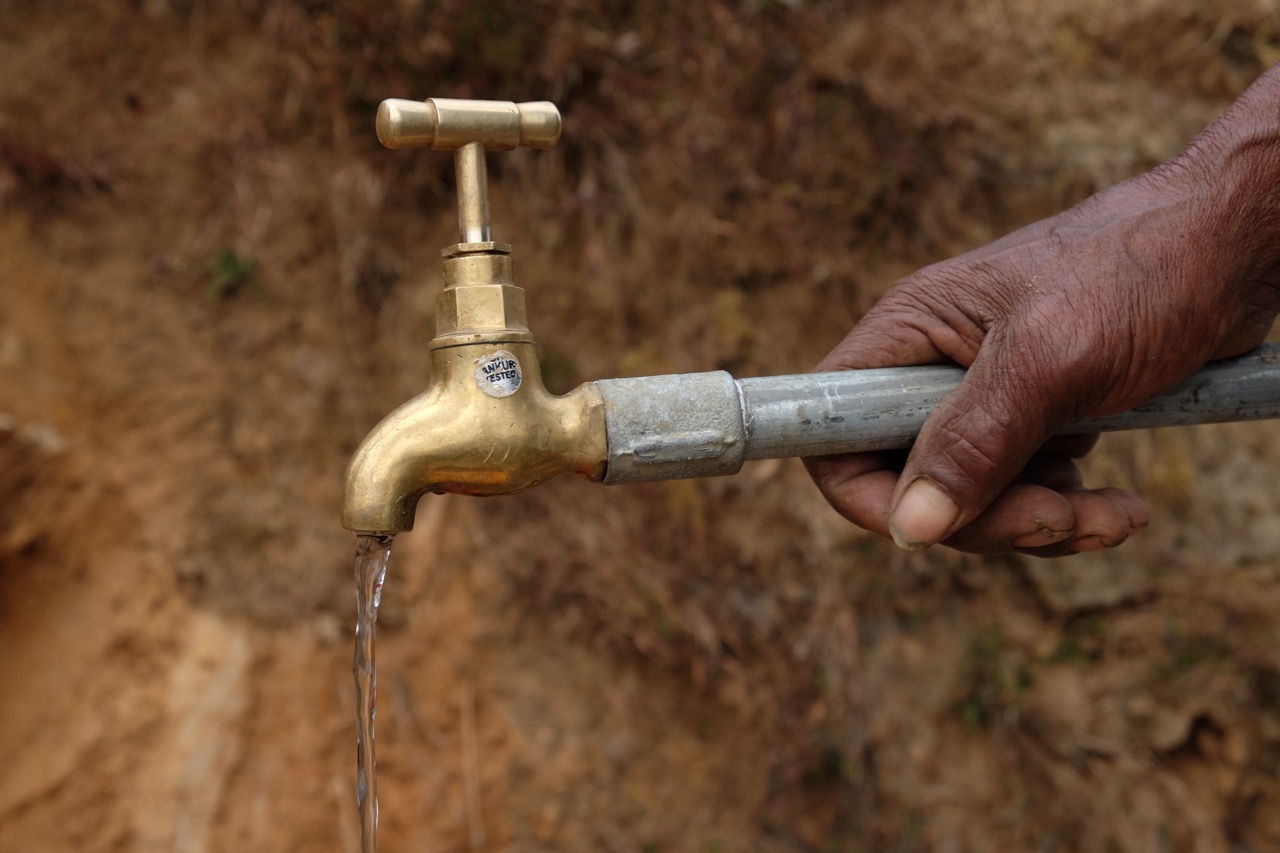
Why is this needed?
In 2017, Frank Water started work in Nepal. Our first project was to implement a gravity fed water supply system in the mountains of the Kathmandu Valley. The initial project proposal, to lift water up a mountain to be stored and distributed, was technically advanced and required specialist knowledge that was not available within our project team. We realised that a framework was needed to assess feasibility of systems that NGOs or local governments departments could use before they started designing projects.
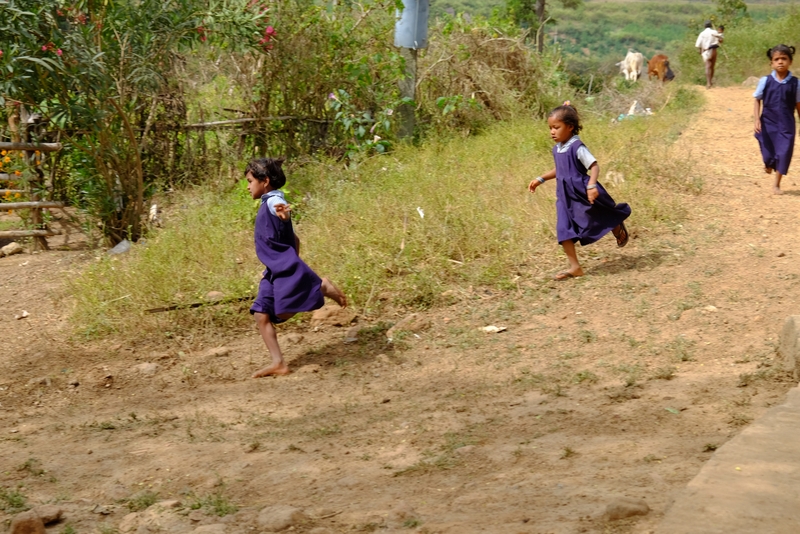
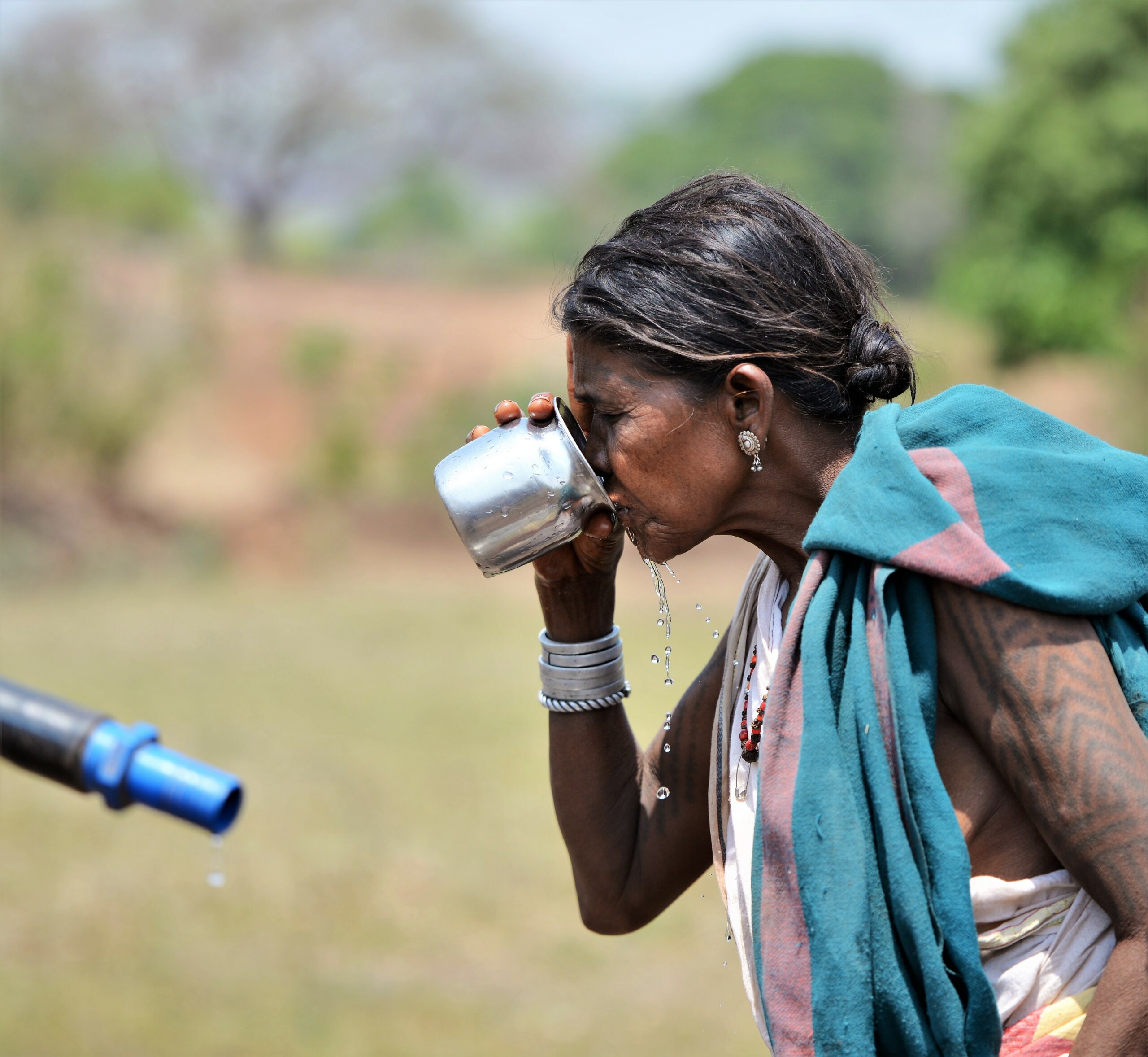
What we did
To make this framework a reality, we worked with our strategic partner Arup to develop a feasibility toolkit, which uses a series of interconnected questions to assess the water availability, water demand and feasibility of supplying enough water to the target location. The framework helped project managers understand the initial assessment of the water ‘balance’ and sign posts the team to further assessments and technical inputs that are required to build a detailed project plan.
The Feasibility Assessment framework has since been incorporated into our WASH Connect app. It helps local communities and governments to gather accurate baseline data to assess practicalities. It is saving communities a huge amount of time and resources, and strengthening systems for sustainable water.
